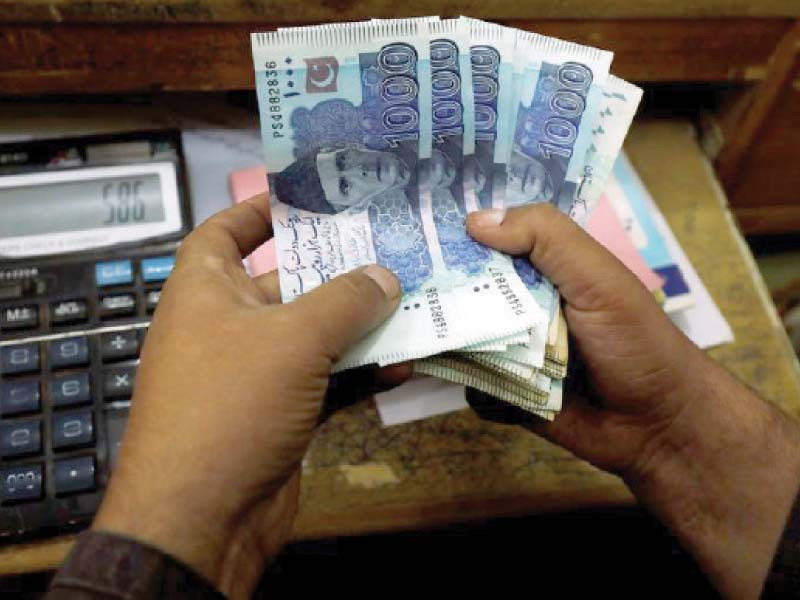The Tax Laws (Amendment) Bill, 2024 has ignited significant debate among economic, legal, and constitutional experts in Pakistan. The proposed legislation, which introduces stringent restrictions on economic transactions of non-filers, raises serious concerns about its implications for fundamental rights and economic stability. In this article, we analyze the bill’s provisions, potential constitutional challenges, and its broader impact on the economy.
Extraordinary Powers Granted to Tax Authorities
One of the most controversial aspects of the bill is the extensive authority granted to the Federal Board of Revenue (FBR). The proposed enforcement measures empower tax officials to:
- Restrict economic transactions of non-filers, including purchasing motor vehicles and immovable property.
- Suspend bank accounts and impose punitive penalties.
- Seal business premises and seize assets.
- Block registration and legal documentation for property transactions.
Former Member Inland Revenue (Policy), Dr. Muhammad Iqbal, noted that these measures extend unprecedented powers to the tax department. While the intention to increase the number of return filers is evident, the effectiveness of these measures in bridging revenue shortfalls remains questionable.
Constitutional Concerns and Violation of Fundamental Rights
Legal experts argue that the restrictions imposed by the Tax Laws (Amendment) Bill, 2024 may infringe upon fundamental constitutional rights. Key constitutional provisions potentially violated include:
- Article 18: Guarantees the freedom of trade, business, or profession.
- Article 23: Ensures the right to acquire, hold, and dispose of property.
- Article 14: Protects the privacy of individuals.
The inclusion of Section 175AA, which allows the FBR to access and share taxpayer bank details based on minimal variance, is particularly contentious. Critics argue that this provision breaches privacy rights and could lead to arbitrary enforcement.
Impact on Economic Activity
The bill’s restrictions on transactions such as the purchase and sale of vehicles and immovable property are expected to have far-reaching economic implications. Dr. Muhammad Iqbal emphasized that these measures could:
- Depress economic activity by limiting market participation.
- Increase the share of the informal cash economy as non-filers circumvent legal channels.
- Erode trust in financial institutions, especially with restrictions on opening new bank accounts for non-filers.
The imposition of bans on specific transactions raises concerns about equitable economic participation and the long-term health of the economy.
Challenges to Self-Assessment and Enforcement Mechanisms
The bill introduces mandatory filing of investment and expenditure statements, undermining the self-assessment scheme under the Income Tax Ordinance. Tax experts, including Tola Associates, argue that these requirements may be deemed ultra vires by the courts, as they contradict the principles of voluntary compliance inherent in the self-assessment framework.
Additionally, the provision authorizing the Chief Commissioner to seal business premises and seize movable property under Section 14AE of the Sales Tax Act, 1990, has drawn criticism. Critics suggest that these coercive measures should be replaced with compulsory registration for non-compliant taxpayers, as punitive actions risk alienating businesses.
Potential for Misuse and Outsourcing Concerns
The bill’s allowance for taxpayers to conduct financial transactions in the names of family members introduces potential loopholes. This provision could be misused, complicating enforcement and creating avenues for tax evasion.
Moreover, outsourcing audit and investigation tasks to private sector experts and auditors reflects poorly on the FBR’s capacity. Past attempts at outsourcing income tax audits have proven ineffective, raising concerns about the practicality of this approach.
Judicial Challenges and Legal Precedents
Given the significant constitutional issues, the Tax Laws (Amendment) Bill, 2024 is likely to face judicial scrutiny. Legal precedents in Pakistan emphasize the protection of fundamental rights, and courts may find provisions of the bill incompatible with these principles.
Tax experts have predicted challenges based on:
- Violations of constitutional rights under Articles 14, 18, and 23.
- Contradictions with existing tax laws, including the Income Tax Ordinance.
- Arbitrary enforcement mechanisms lacking clear guidelines.
Balancing Revenue Goals with Legal and Economic Stability
While the government’s objective of broadening the tax base and addressing revenue shortfalls is commendable, the methods proposed in the Tax Laws (Amendment) Bill, 2024 appear overly aggressive. A balanced approach is essential to ensure:
- Compliance without compromising constitutional rights.
- Economic growth through inclusive and equitable measures.
- Strengthened institutional capacity within the FBR to enhance enforcement without external reliance.
The Tax Laws (Amendment) Bill, 2024 represents a significant shift in Pakistan’s tax enforcement strategy but is fraught with legal, economic, and administrative challenges. As debates unfold, it is imperative for stakeholders to address these concerns to ensure that the legislation achieves its intended goals without undermining constitutional protections or economic stability.

